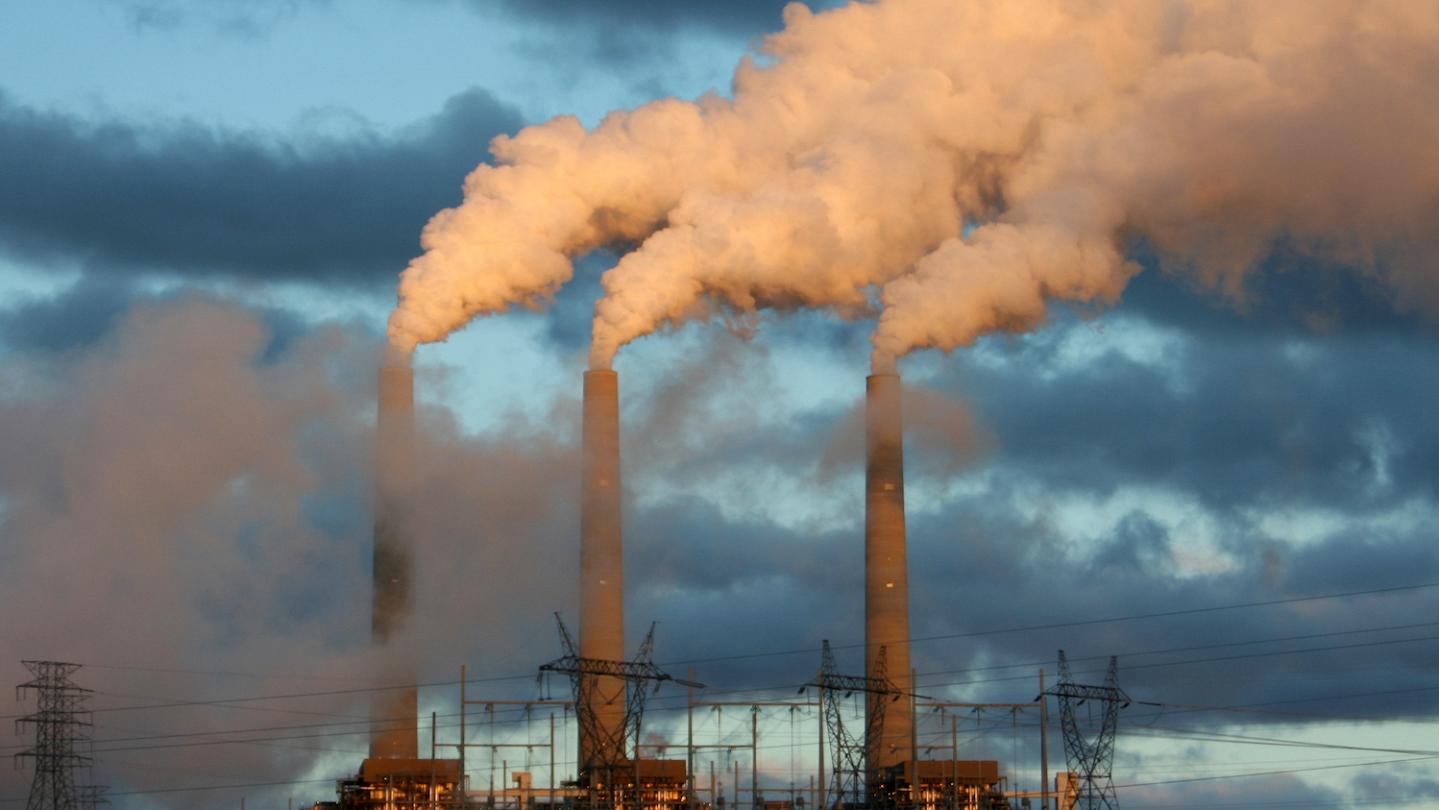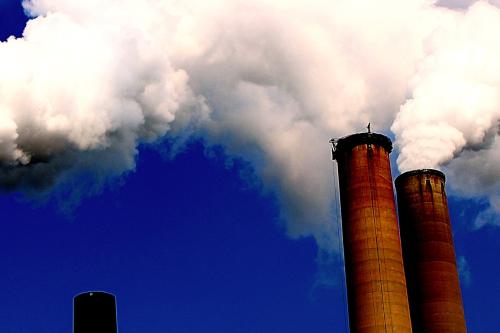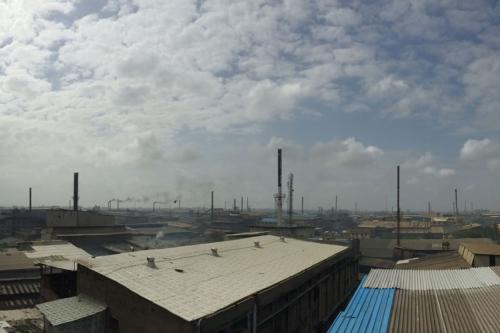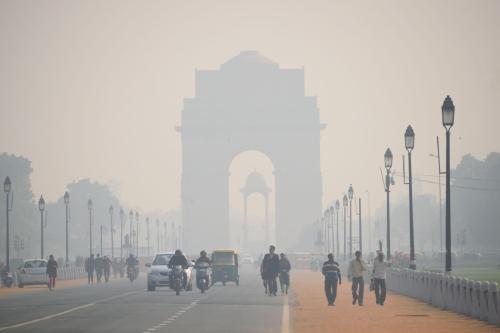Research on the effects of opening up pollution data to the public
What if India’s citizens – those who suffer from the country’s high air pollution levels – could use their voice to call on specific polluting firms to reduce their emissions? Researchers from Inclusion Economics at Yale University, the Energy Policy Institute at the University of Chicago (EPIC), and the Abdul Latif Jameel Poverty Action Lab - South Asia (J-PAL SA) are collaborating with environmental regulators in the Indian state of Maharashtra to investigate whether opening up existing pollution data to the public creates pressure on industries to reduce pollution. The star-ratings initiative provides the public with report cards showing the environmental performance of industries operating near them, based on the density of fine particulate pollution coming from their smoke stacks. These programs cost little to implement, and if more states adopt them, India could experience a revolution in environmental transparency. Industry already competes for profits – pollution ratings could make them compete to be greener as well.
Publicly disclosing levels of pollution emitted by factories lead to a significant increase in the number of citations issued for exceeding emissions standards; however, the ability for such citations to lead to a reduction in point-source emissions remains unclear and therefore may be inadequate to substantially curb emissions.
The research team produced a report on the Maharashtra Star Rating Program in 2020. The program encouraged other state pollution control boards to launch similar transparency initiatives of their own. Currently the team is working with the Jharkhand State Pollution Control Board to roll out a star rating program, building on the team's experience of supporting the Maharashtra Pollution Control Board.



